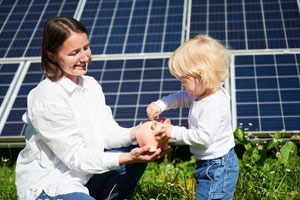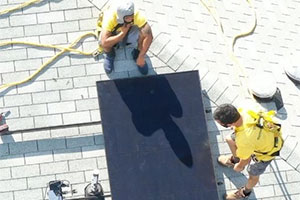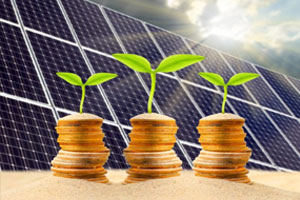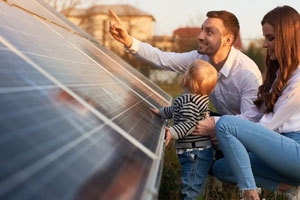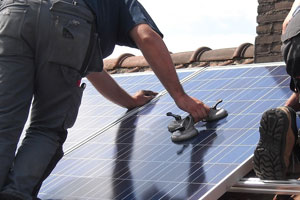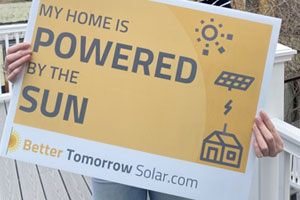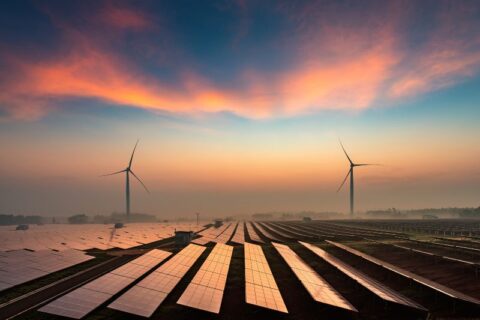Can Solar Panels Withstand a Hurricane?
Many homeowners are now considering using solar panels to offset their electricity costs but, can solar panels withstand a hurricane? How do they compare to other forms of energy production during powerful storms? Read on to learn more about how this ‘green’ technology isn’t just for the environment—it could save your home from serious damage, too.
Can Solar Panels Handle High Winds, Violent Rain, and Hail?
During storms or other extreme weather events, power lines can become damaged or severed resulting in large-scale blackouts. However, solar panels tend to fare better than wind turbines/hydroelectric generators because they’re less susceptible to high winds. In fact, solar panels have been designed to stand up to some of the fiercest weather elements:
Wind and Solar Panels
According to the National Renewable Energy Laboratory, solar panels are extremely unlikely to be damaged by hurricanes or tornadoes. This is because they’re designed with an aerodynamic shape that makes them very stable even in strong winds. Solar panels are designed to withstand wind speeds up to 140 miles per hour. (Even a category three hurricane, considered a major hurricane, will typically have a top wind speed of 129 mph).
Rain Effects on Solar Panels
Solar panels are built to be waterproof and durable, so you don’t have to worry about the effects of strong rains on your system. Contrary to what one might think, rain actually helps to boost energy output since it is reflective and draws light into your panels. It also helps to clean your panels and rid them of dirt and debris.
Hail and Your Solar Panels
Solar panels take a lot of abuse, from hail to sandstorms. But hail doesn’t actually affect solar panel efficiency. Solar panels are constructed to withstand large hail stones and undergo rigorous tests for durability and performance during the design process.
Impact Damage
Striking objects like debris and falling tree branches can sometimes result in damage, especially if the panels are mounted low on a roof or if they’re not properly tied down. Having proper solar panel insurance in place can help protect your solar panels from this kind of damage.
What to Do with Your Solar Panels Before and After a Hurricane
Hurricanes aren’t known to discriminate. They’re experts at leveling entire cities and destroying anything that stands in their path. If you live in an area where hurricanes are frequent and harsh, it is important to take precautions before and after the storm hits. When it comes to your solar panels, here’s what you should do:
Before a Hurricane Hits
- Secure Your Panels – If you have a rooftop-mounted system, make sure that your panels are properly secured or anchored down before any weather event occurs.
- Keep Your System Clean – After a hurricane, there is going to be debris in the air. Removing debris from your solar panels before it blows into them will help you produce more energy over time.
- Maintain Good Grounding – Protect against surges from lightning by making sure that all grounding connections are intact before any weather event occurs. Look for loose or disconnected grounds and repair them as required.
- Make Sure Your System is Insured – Safeguard your investment by making sure it is properly insured upon installation.
After a Hurricane Hits
- Inspect Your Panels. If panels are damaged, you will need to get them repaired or replaced ASAP. You may even want to throw in some new panels if yours are older and it will cost less than the repair vs an upgrade.
- Check Your Safety Switches. Make sure there isn’t anything that can come into contact with your solar panels during high winds that could result in damage or injury. Some examples would be ladders, chairs, toys, etc. Also, check for any signs of damage to the roof itself.
- Inspect Wiring. Check your wiring to make sure there isn’t any exposed wiring that could get damaged during high winds or flooding elements. Inspect all grounding points and make sure they are intact. If all of this looks good, you should be in good shape after the storm passes.
When considering an investment in solar panels, don’t let extreme weather worries deter you in your pursuit of a clean, renewable energy source for your home. Solar panels are designed to last and perform. Learn more about how you can benefit from going solar by contacting Better Tomorrow Solar and requesting a free quote!
